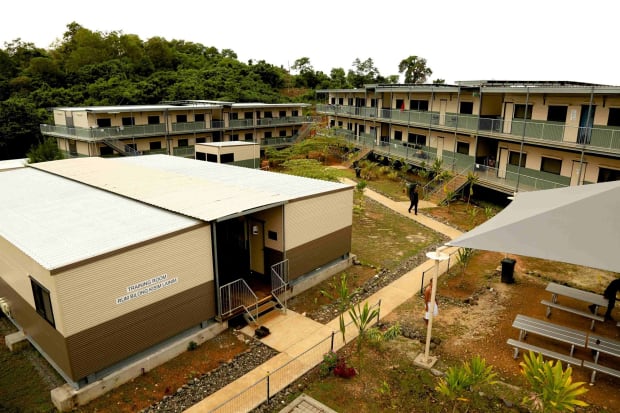AUSTRALIA'S OWN COLONEL KURTZ FROM 'APOCALYPSE NOW'
Lt-Col Barry Petersen MC at Hellfire Pass in 2008
Something to THINK ABOUT …
Late last month Australia quietly lost one of its finest warriors, Lt-Colonel Barry Petersen MC, the man whose Vietnam War exploits many believe were the inspiration for the central character in Francis Ford Coppola’s movie ‘Apocalypse Now’, played by Marlon Brando.
Petersen always pointed out that the movie was based on Joseph Conrad’s classic novella, ‘Heart of Darkness’, and it was.
But many believe Barry Petersen’s remarkable service at least in part inspired the Brando character, Colonel Kurtz, a rogue officer commanding a guerrilla army, who draws his nemesis Captain Willard, played by Martin Sheen, further and further into the heart of darkness, all the time wrestling with growing ethical dilemmas.
In reality, Barry Petersen’s achievements amongst the tribesmen in the highlands on the border between Vietnam and Cambodia surpassed those of the Kurtz character because Petersen’s operation was spectacularly successful and, unlike Kurtz, he maintained his sanity and his discipline throughout his service.
In 1963, 28-year-old Captain Barry Petersen was a member of the elite Australian Army Training Team, the first of our soldiers committed to the Vietnam War.
He’d already served in the Malayan Emergency and his experience there training Malays in counter guerrilla tactics against the communist insurgents, saw him seconded to the American CIA and running an independent field operation based out of the Darlac Provincial capital of Ban-Me-Thuot, supplied and funded by the CIA.
Within twelve months he’d amassed a guerrilla army of more than 1000 Montagnard tribesmen who caused havoc with their ‘hit and run’ tactics against the Viet Cong (the North Vietnamese Communists) along the Ho Chi Minh Trail.
Petersen was revered by his Rhade tribal warriors. He learned their language, adopted their customs and native dress and led them in battle. They made him a tribal chieftain and gave him the name Dam Sam, after a legendary Rhade tribal warrior who was undefeated in battle.
Indeed, Petersen and his Montagnard army were so successful that the Viet Cong placed a bounty on his head. Petersen played up their successes, even creating a tiger badge for his troops, who became feared as the ‘Tiger Men’ of Truong Son Force.
The Australian’s success also raised the ire of his CIA handlers who thought he had too much power and set about reigning him in. For their part, the Montagnards hated both the South and North Vietnamese, who had suppressed them for centuries, and they distrusted the motives of the Americans. In late 1964, they threatened to revolt against the South Vietnamese.
Petersen intervened and convinced his Tiger Men to stay out of the fight. It was an extremely dangerous task and he was later awarded the Military Cross for his bravery in the action.
But that was the final straw for the CIA and Petersen’s handlers warned him that if he didn’t leave the highlands of his own volition, he’d have an accident and leave in a body bag.
It took orders from his Australian commander before Petersen left his Tiger Men army, after an elaborate tribal farewell ceremony that confirmed the suspicions of some of his colleagues that he had ‘gone native’.
Barry Petersen served another tour in Vietnam as a major with an Australian unit but he knew his future promotion path was limited and he retired from the army as a Lt-Colonel.
He settled in Bangkok and worked to help Montagnards who fled Vietnam and set up a consultancy business which strengthened his reputation as an ‘international man of mystery’, with deep connections with the region’s many spooks
In 2002 I interviewed Barry Petersen for my book, ‘The Spirit of the Digger’, and found him a humble man who was intensely proud of his service and of that of his Montagnard comrades.
Former Governor-General and commander of the SAS, Major-General Mike Jeffery, said: “Barry Petersen was one of the very best of the Australian military profession because he took on such and difficult and unique task.”
Petersen’s Montagnard regalia rests in the Australian War Memorial.
Vale Barry Petersen MC










